Words by Bob Tronson
–
You know what? I don’t blame Mike Baird.
Deep down he’s reconciled himself with the (incorrect) notion that lockout laws save lives. Vested interests have defined his choice as a moral paradox: nightlife versus young men’s lives.
Being responsible for an decision that pits innocent lives against uncomfortable political outcomes must be unbelievably hard to sleep on. It’s not quite a Middle East invasion, but…
Coming to the conclusion that one must act to save a life would be an exhausting process. But the Premier didn’t get there by some natural evolution; he is a product of his environment.
Pesky casino owners, ambitious property developers and drug war advocates have a fairly strong hold over the NSW Liberal Party, which consistently delivers a non-pragmatic style of moral relativism.
It wasn’t even Baird that decided on starting the lockout, his predecessor, Barry O’Farrell made the decision.
And while the lockout means the world to us, it’s just another decision for a man who takes advice and makes seriously important decisions every waking hour of every day.
It must be pretty bloody hard for a middle aged, male, Christian, northern beaches, investment banker to consider – let alone adequately understand – the outcomes of a policy that has so devastated the inner city and counter culture populations of our great metropolis.
To fight for change, we must understand the way lockouts are framed for decision makers. This all relies on language.
Let’s take control of the debate and put some facts on paper. Violence by its nature is not readily controlled and insisting that lockout laws have done so is nonsense.
All violence is first and foremost a cultural problem. And lockouts seem at odds with Australia’s ingrained culture of ">celebrating primetime machismo sporting punch-ons.
The unfortunate reality is that some people like to get drunk and hit other people. These empty men and women do not take easily to reason and alcohol does most definitely increase their tendency towards violence.
But implementing a curfew to prevent late night violence relies on the same logic as banning bikinis to prevent rape. It places the burden of avoiding the crime on the (potential) victims.
Laws that push drunken people onto the street at the same time every night are counter-intuitive. Our mates across the Nullarbor figured this out a while ago and implemented a staggered closing system across all licensed premises.
As shown in Melbourne, increased late-night transport links servicing a flow of patrons exiting venues over a number of hours works to reduce violent behaviour. As does an investment in open spaces better equipped to deal with late night crowds, like in Amsterdam.
London’s 2005 relaxation of drinking laws was met with howls of pessimism and predictions of increased binge drinking, violent offences and alcohol-related accidents. In reality binge drinking fell in all age groups and highest in 16-24 year olds, while per capita alcohol consumption fell by 17% over the decade to 2015 and violent crime decreased between the hours of 11pm and 6am.
More mates across the ditch in New Zealand also realised that live music significantly reduces the potential for anti-social behaviour via aggression inhibiting cues such as feelings of camaraderie through shared entertainment experiences. Live music keeps a city alive and happy. A lack of live music kills a city, as described by Matt Barrie.
While violent assaults are down by around 40%, foot traffic has fallen a staggering 80%. Meaning an assault is statistically more likely for someone walking Oxford St at 10pm tonight than before the lockouts. Ironic, huh?
Worse still, lockouts are erasing subcultures and alternative identity from our city. Subculture is incredibly important in ensuring all Sydney-siders feel safe and at home on their streets, as Isabella Manfridi put it at the Keep Sydney Open rally, ”the definition of a subculture is that it is not the dominant culture. It’s not mainstream.”
Historically, attempts to control culture have resulted in rear-guard actions of greater force. So at least we have that to look forward to.
People in power – the mainstream – just don’t care. Decision makers pander to the most selfish Australian generation ever. Those of us unlucky enough to follow the Baby Boomers will most likely be worse off in economic terms, which is unprecedented.
Lockouts now mean we’ll probably be worse off in social and cultural terms as well. Can you imagine Radio Birdman burning as brightly under this regime?
Baby Boomer’s long political, cultural and economic superiority has made them unduly righteous. Baird, in his own words, often “moralises” about his government’s obligation to protect innocent people from drunken violence.
Our Premier is a surfer. There were 14 reported unprovoked shark attacks in NSW in 2015 with one fatality. Why does such an obviously dangerous pastime remain legal?
If hospital beds remain a commodity to be horse-traded between state and federal governments for tax revenues, why is late night revelry – with its very long history – all of a sudden deemed to be unrighteous and immoral? Why is one moral paradox not equal to others?
Surely it has nothing to do with the huge sums of money to be made by property developers and the ">two casinos as a result of the lockout laws, or supporting a failed war on drugs? It’s interesting that Sydney’s two most violent venues before the lockouts remain open.
As we have now reached a public inquiry into the impact of the lockout and liquor law reforms, it is important that the language surrounding the debate reflects data not hysteria.
Facing some tough questions, Mr Baird so far only appears capable of answering with misdirection and mumbles.
It will take at least another eight months, cost many millions of taxpayers money and in the meantime allows Baird to dodge questions about the specific outcomes of the lockout laws while remaining on his moral high horse painting broad brush-strokes of violence, alcohol and late night parties being related co- dependents.
Matt Barrie has again provided a studied and relevant input focusing on the misuse of statistics and the blatant politicking and backroom deals made by decision makers.
Those fighting the lockout laws must not allow the Premier’s extreme terms to define the public debate. This is not about life and death; it is about money and greed.
Word by Bob Tronson
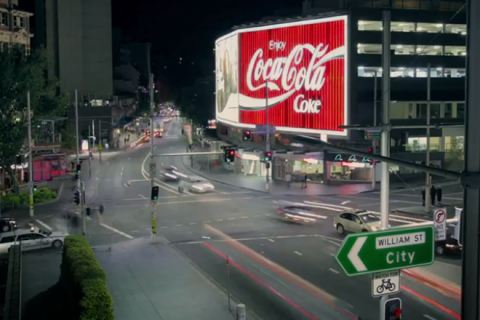
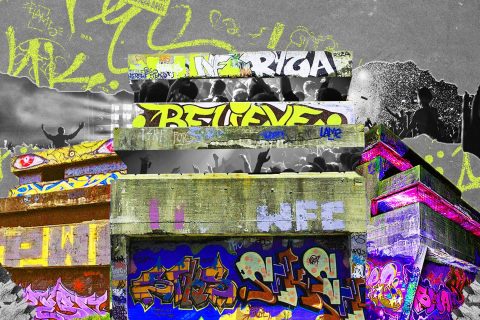
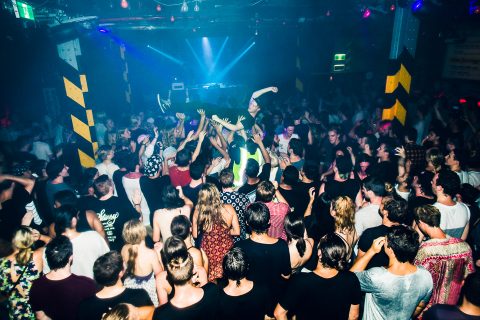
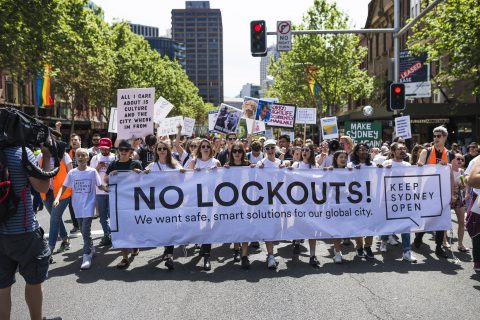
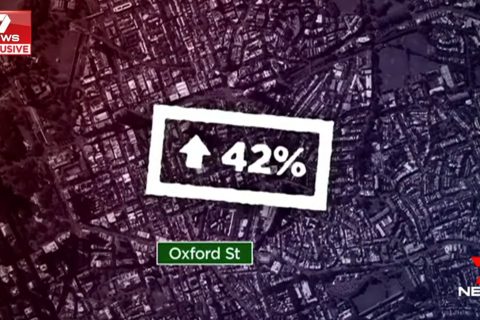
Comments